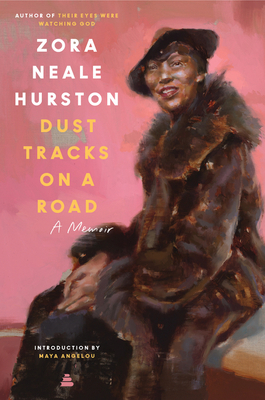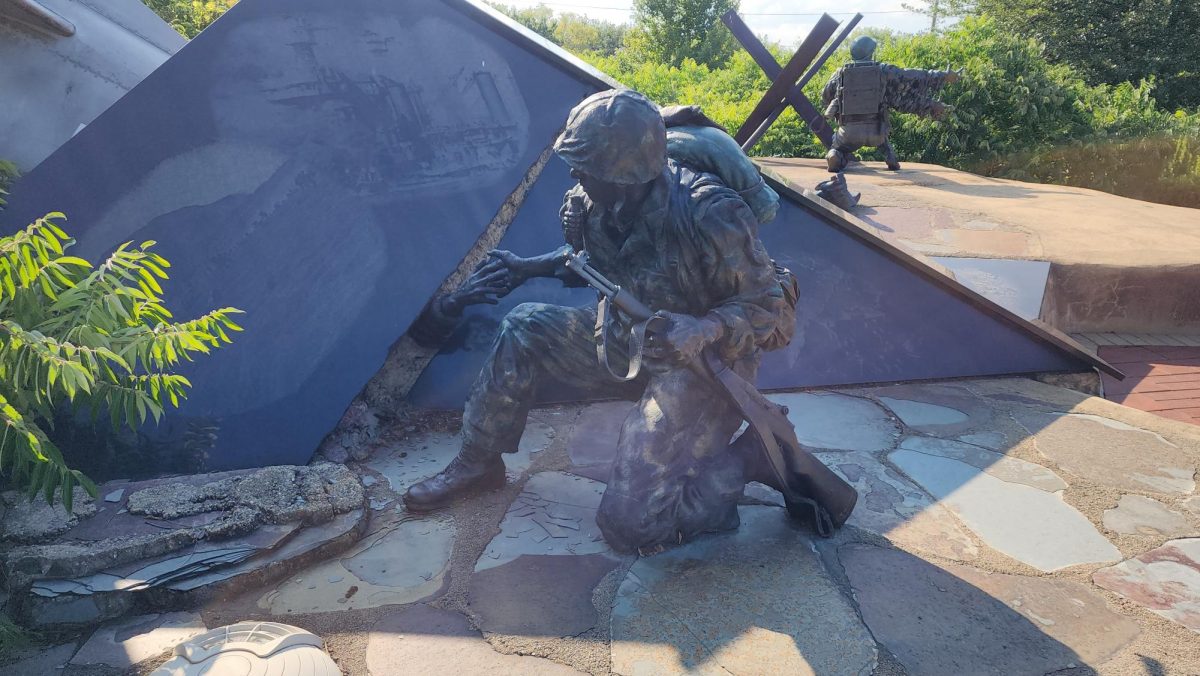I grew up with a trail in my neighborhood, leading to a wetland forest preserve. However, I never realized how blessed I was to have access to this kind of nature until I moved away. When I arrived back home, I realized that nature could teach us the deepest, yet most meaningful lessons. Our lives are like trees; weaving through colorful, rainy, dry, and barren seasons. Yet through the ever-changing conditions, we still survive. In this book review, I want to honor the life of Zora Neale Hurston; a creative who loved nature, embraced change, spread light, and conjured a legendary life through her pen and spirituality.
Dust Tracks on a Road by Zora Neale Hurston is an autobiography that tells the story of her life, starting from her childhood in Eatonville, Florida, to her years as a writer in New York City and beyond, including her anthropological work in the Deep South and Caribbean. Hurston’s writing is lyrical and evocative. She paints a vivid portrait of the Black community in the early 20th century, while also discussing her experiences with racism, sexism, and her struggles to find her place in the world. I found reading Hurston’s life story to be very entertaining and eye opening. Zora found herself in a lot of tough predicaments, but her optimism would always shine through and see her to triumph every single time.
Overall, Dust Tracks on a Road is a classic work of African-American literature, and is essential reading for anyone interested in Hurston’s life and work. The book is also a valuable historical document, providing a unique perspective on the Black experience in America.
I was particularly interested in the series of visions she had as a child that ended up foretelling her future. I’ve always had an interest in metaphysical matters, so I love when that shows up in literature, especially true stories. There were multiple points of extreme poverty in Hurston’s life, but she never gave up on education. Hurston had many critics during the Harlem Renaissance, but despite their criticisms on her genre fluidity, she would create works pertaining to every genre. Unfortunately, Hurston died alone, but not before seeing parts of the world most black women of her time could only dream of seeing. Not only was Zora Neale Hurston an adventurer and nature lover, she was an influential black-feminist, and literature enthusiast who inspired many black writers.
One of the most striking details about “Dust Tracks on a Road,” is Hurston’s use of language. She writes in a rich style that is full of humor, personality, and warmth. Hurston also uses her writing to explore the rich cultural traditions of the Black community. Her memoir is also a powerful indictment of racism and sexism. She writes candidly about her experiences with discrimination, and she exposes the hypocrisy of the white community during the 20th century and even within black schools of thought as well. The end of the book feels like a stream of consciousness that readers are able to analyze, directly from Hurston’s mind where she breaks down the foolishness of racial superiority.
To conclude this review, we can learn a lot from this particular quotation from Hurston: “It is one of the tragedies of life that one cannot have all the wisdom one is ever to possess in the beginning. Perhaps, it is just as well to be rash and foolish for a while. If writers were too wise, perhaps no books would be written at all.” Hurston’s writing is a reminder of Black people’s struggles, and it is a testament to her resilience, strength and authenticity as a writer. Zora’s work speaks volumes on how ahead of the sociopolitical curve she was for her time period. May America be grateful for her political, literary, and anthropological work.






